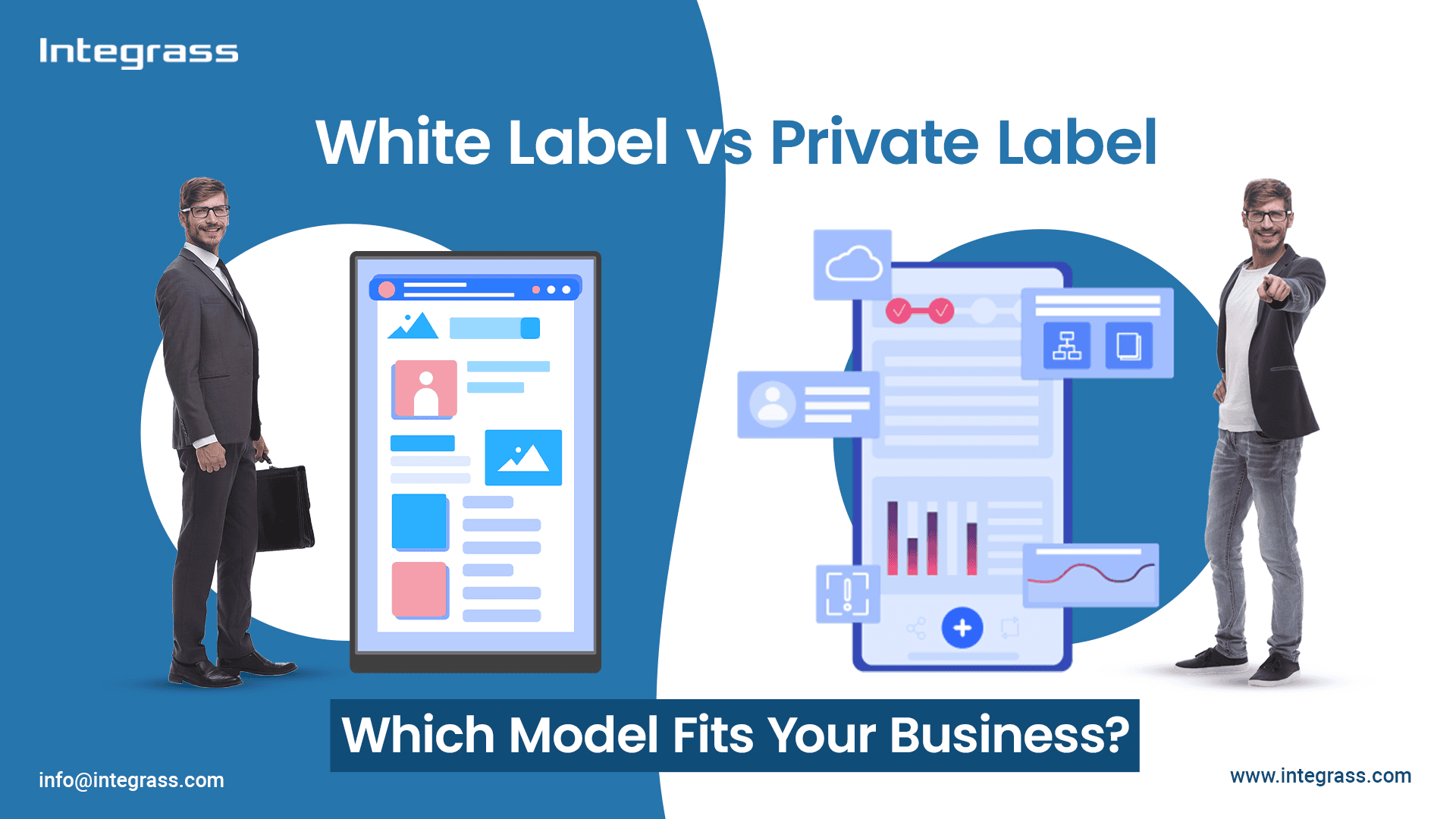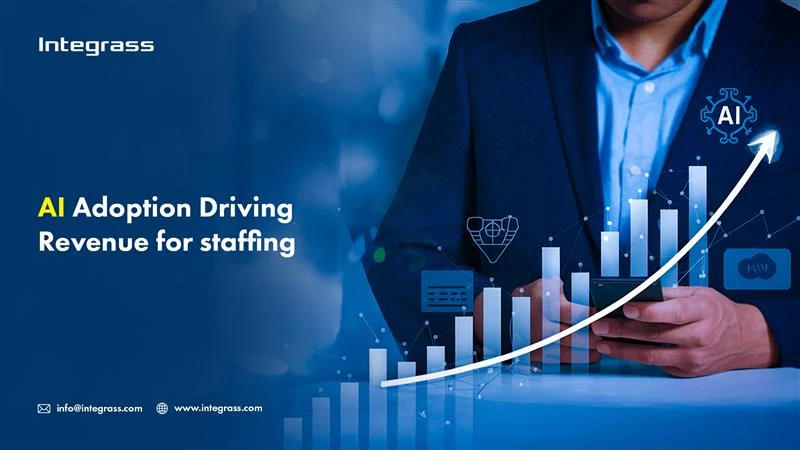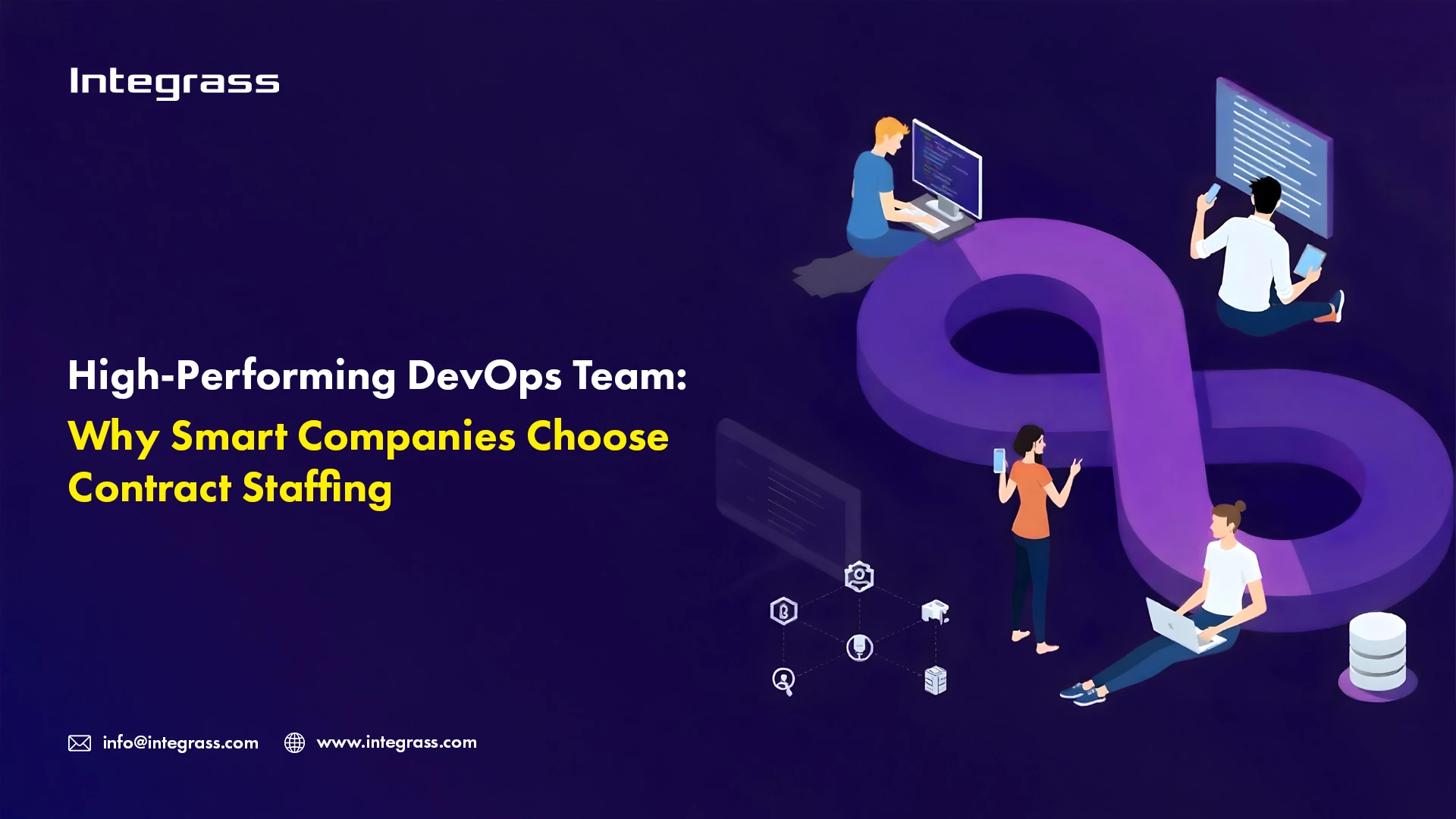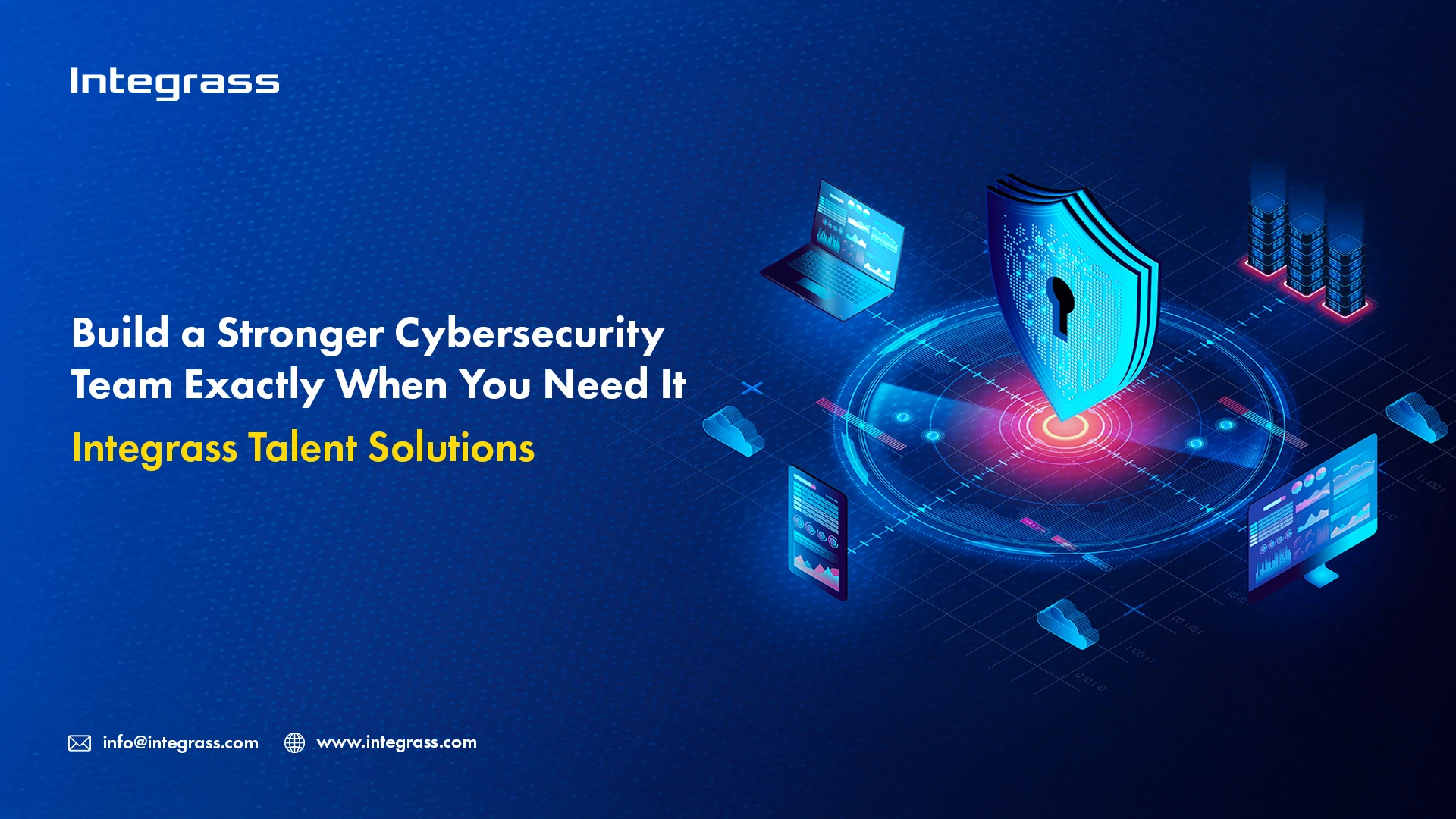When it comes to choosing the right business model for your software products, the debate between white label and private label solutions is a hot topic. Each model offers unique advantages and challenges, and understanding these can help you make an informed decision that best suits your company’s needs. This article will explore the differences between white label software products and private label software, helping you determine which model aligns with your business goals.
Understanding White Label Software Products
White label software products are pre-built solutions that you can rebrand and sell as your own. These products are developed by a third-party provider but marketed under your brand name. This model allows businesses to offer new products quickly without investing in extensive development resources.
Benefits of White Label Solutions
- Speed to Market: Since the software is already developed, you can start selling almost immediately. This rapid deployment is ideal for businesses looking to capitalize on market trends quickly.
- Cost-Effective: Developing software from scratch is expensive. White label solutions eliminate these costs, allowing you to invest resources in marketing and customer acquisition.
- Focus on Core Business: With a white label solution, you can focus on your core business activities, such as sales and customer service, rather than on product development.
- Proven Product: Since the software is already in use, you can be assured of its functionality and reliability, reducing the risks associated with new product launches.
Drawbacks of White Label Solutions
- Limited Customization: White label software often comes with limited customization options. This can be a drawback if you need a highly tailored solution to meet specific business needs.
- Dependency on Provider: Your business is dependent on the third-party provider for updates and support, which can be a risk if the provider faces issues or goes out of business.
- Brand Differentiation: Since other businesses can also use the same white label software, it might be challenging to differentiate your product in the market.
Understanding Private Label Software
Private label software, on the other hand, is similar to white label but with a higher degree of customization. With this model, a third-party develops the software according to your specifications and requirements, and you sell it under your brand name.
Benefits of Private Label Software
- High Customization: Private label software is designed to meet your specific needs, offering more flexibility and customization than white label solutions.
- Brand Exclusivity: Since the software is tailored for your business, it enhances brand exclusivity and helps you stand out in the market.
- Control over Features: You have more control over the features and functionalities, allowing you to offer a unique product to your customers.
Drawbacks of Private Label Software
- Higher Costs: The customization and development involved in private label software are usually more expensive than opting for a white label solution.
- Longer Development Time: Creating a custom solution takes time, delaying your go-to-market strategy compared to white label options.
- Ongoing Maintenance: You may need to invest in ongoing maintenance and updates to keep the software relevant and functional.
Choosing Between White Label and Private Label Software
When deciding between white label and private label software, consider the following factors:
Your Business Goals
- Quick Market Entry: If your goal is to enter the market quickly and start generating revenue, white label software is the way to go.
- Unique Offering: If you aim to offer a unique product that stands out from the competition, private label software might be the better choice.
- This is particularly useful for startups or small businesses that need to scale rapidly.
- Limited Budget: For businesses with limited budgets, white label solutions offer a cost-effective way to expand your product line.
- Investment Capability: If you have the financial resources to invest in custom development, private label software can provide a more tailored solution.
Level of Customization Needed
- Standard Features: If standard features meet your needs, white label software is sufficient.
- Specific Requirements: For specific, unique requirements, private label software provides the necessary flexibility.
Long-Term Vision
- Scalability: Consider the scalability of the software. White label solutions might be sufficient for immediate needs, but private label software could offer better scalability for long-term growth.
- Control: Determine how much control you want over the software. White label limits control, while private label offers more autonomy.
When to Choose White Label
If you’re looking to quickly enter the market with a tested product, white label software products are an excellent choice. They allow you to offer a new service or product without the long development cycle. This is particularly useful for startups or small businesses that need to scale rapidly.
For Example…
Imagine a fitness center looking to expand its services by offering a mobile app for workout plans and tracking. Instead of developing an app from scratch, they choose a white label fitness app provided by a third-party developer. The fitness center rebrands the app with its logo and colors, and can start offering it to members right away. This allows the fitness center to enhance member engagement and satisfaction without investing heavily in app development. They can focus on promoting the app and providing customer support to ensure a seamless experience for their users
Integrass Tech Solutions excels in providing white label solutions that can be seamlessly integrated into your existing operations. With over 12 years of experience and a team of 150+ technical experts, Integrass ensures that your white label software as a service is both reliable and customized to reflect your brand’s identity.
When to Choose Private Label
For businesses that require a unique solution tailored to specific operational needs, private label software is the way to go. This model is ideal for companies with complex requirements that cannot be met by off-the-shelf solutions.
For Example…
Consider a healthcare company with specific needs for patient management software. They opt for a private label solution, working closely with a developer to create a custom platform tailored to their unique requirements. This bespoke software helps the company stand out and provides a unique value proposition to their clients.
Integrass Tech Solutions specializes in building custom software and apps depending on the requirements. Whether you need a unique CRM system, a custom e-commerce platform, or specialized enterprise software, Integrass can develop it from scratch, ensuring it meets all your specific needs.
Conclusion
Both white label and private label software have their advantages and challenges. The best choice for your business depends on your goals, budget, customization needs, and long-term vision. By carefully considering these factors, you can select the model that aligns best with your business strategy and helps you achieve your objectives.
Partner with Integrass Tech Solutions to explore the best software solutions for your business. Whether you need a white label solution to quickly scale your services or a private label software for a unique, tailored experience, Integrass has the expertise to turn your vision into reality.




